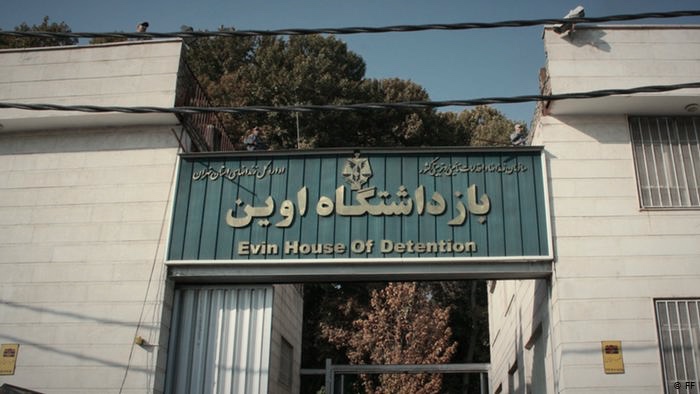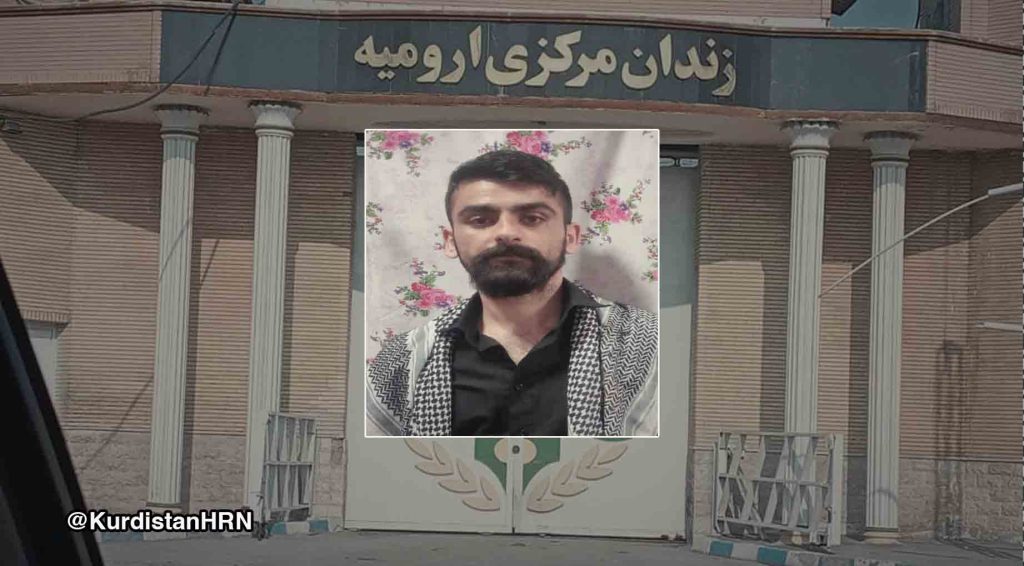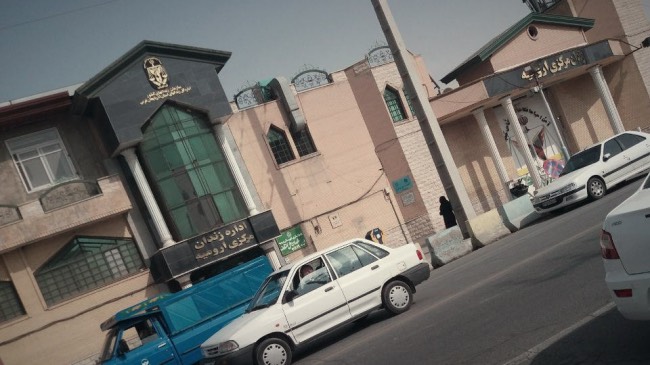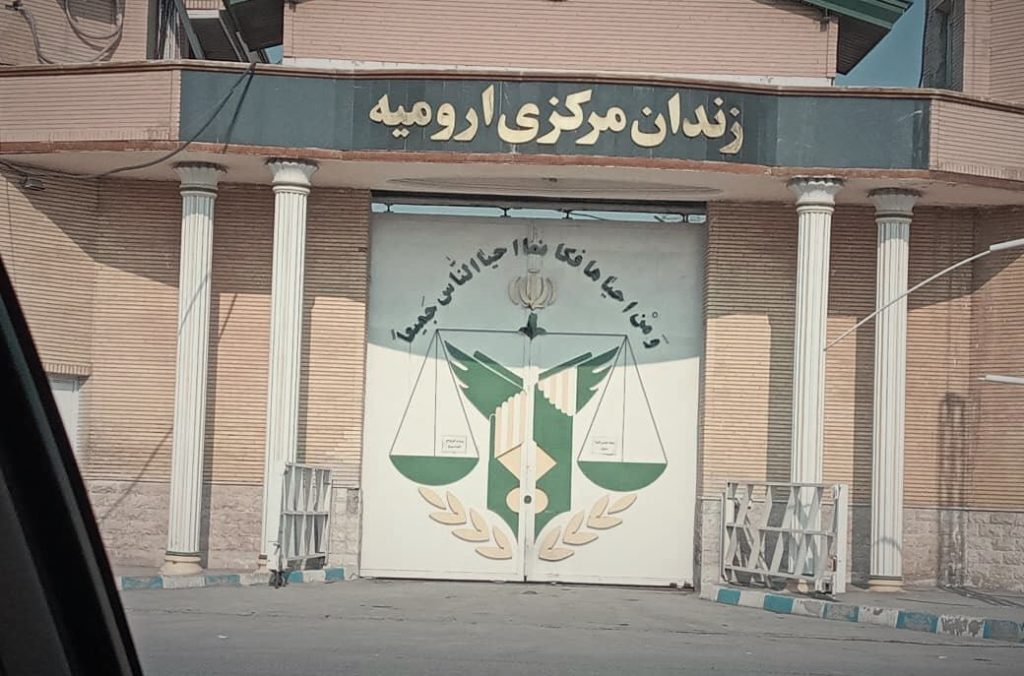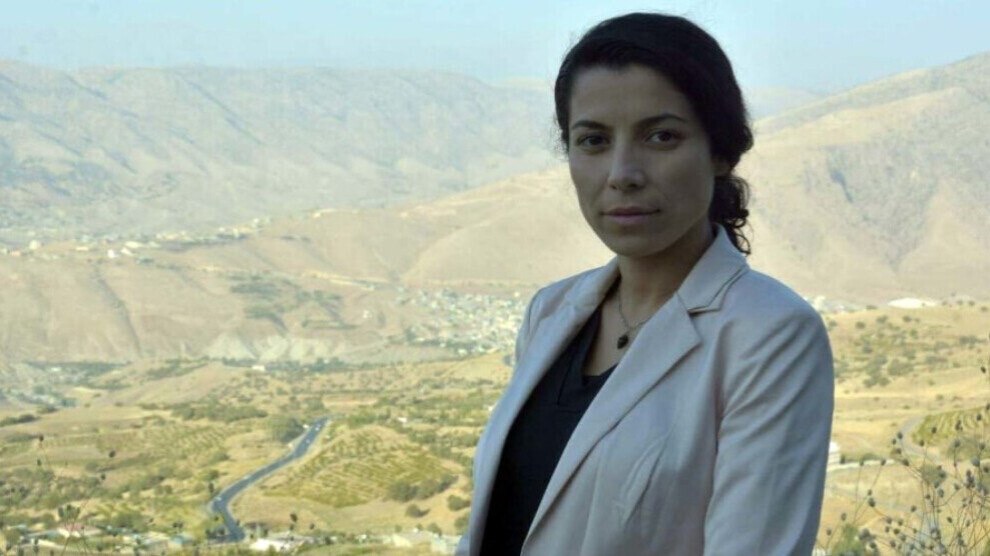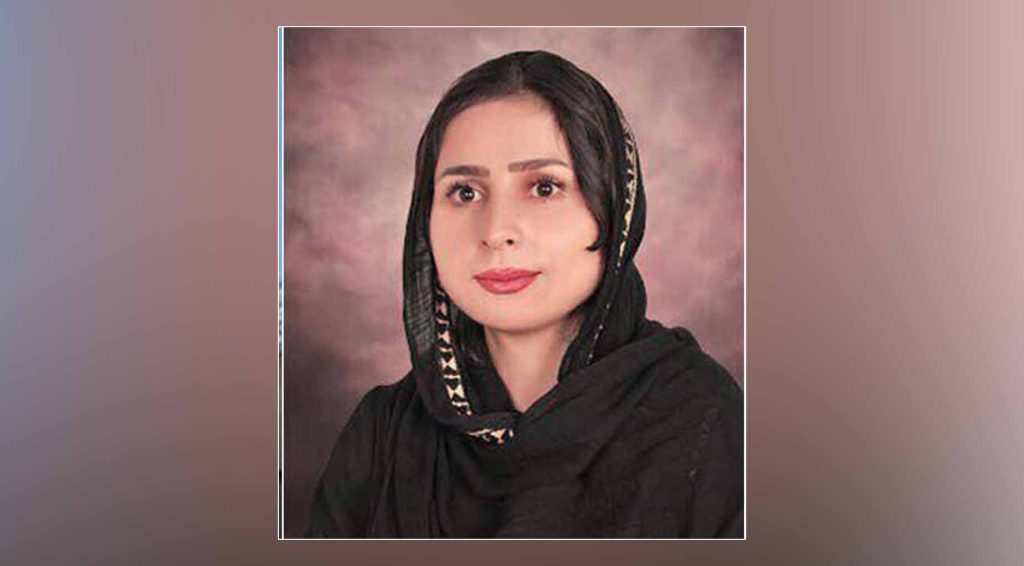Kurdistan Human Rights Network (KHRN) has been informed that 16 Kurdish Sunni women and their three young children completed their sentences and have been released from the Women’s Ward of Evin Prison.
These women and their three young children – most of them from Kermanshah Province, and Sanandaj and Bukan cities , – were kept in an isolated cell at ward 3 of Evin Prison for about three years, in even more difficult conditions than other political prisoners. They were also deprived of the usual facilities, such as open-air daylight hours or weekly phone calls with their families.
While KHRN’s attempts to discover the details of charges against these detainees and the process of their arrest have been futile due to lack of direct contact with their families and their relatives’ reluctance to inform KHRN in this regard, some of these women were allegedly arrested due to their husbands’ connection with ISIS.
Iranian security agencies detain the wives and young children of men accused of collaborating with Islamic groups, particularly ISIS, in order to put pressure on them to release information which may lead to the arrest of their husbands.
“Most of these women have been accused of joining ISIS. They returned to Iran after their husbands were killed in Iraq but they were arrested by security forces and sentenced to imprisonment.”, an informed source told KHRN.
According to the source, all 16 Sunni Kurdish women were each sentenced to three years in prison which ended last fall. He described the treatment of these women and even their children by prison officials as “very insulting”. The source further stated that the young children of these women, who were initially more than three but were later transferred to somewhere outside the prison, were repeatedly called “bastards” by the prison officers.
“While each Evin prisoner is typically allowed to make three phone calls a week, the above-mentioned prisoners were only allowed a short call of 10 minutes once a week in the presence of prison officials,” said another informed source. According to the source, last year the prisoners went on a hunger strike in protest to the confiscation of their belongings and that of their husbands by the government.
Some female political prisoners released from Evin Prison had earlier reported the difficult conditions of the above-mentioned Sunni Kurdish women on social media. Theyacknowledged that they were not allowed to directly communicate with these Kurdish women but were partially aware of their situation.
Shima Babaei, a civil activist and former political prisoner, tweeted in March that the situation of prisoners in the Kurdish women’s ward in Evin was very bad and described their treatment by the prison staff as extremely insulting.
“There is a section in the women’s ward of Evin prison called ward 2 in which sixteen Kurdish women are being held with three young children in segregation from other prisoners. The door and windows of this sections are covered with talc and the front door is always locked, except for taking food inside or sending one of the prisoners to the hospital. They are suffering from vitamins deficiency due to lack of exposure to sunlight, and they also suffer from skin diseases due to poor prison conditions. They are deprived of conditional release or transfer to a prison in their hometowns. Therefore, it is almost impossible for their families to come to visit due to the long distance and dangers of the route. These people are forced to use low-quality prison food due to their poor financial situation, despite having young children with them. The prison staffs’ treatment of them is extremely insulting and abusive. Complaints from these women prisoners after years of suffering from inhumane and degrading treatment have been ignored.”, she said.
Leila Hassanzadeh, a former student activist and political prisoner, published a short report about the situation of these prisoners on the “Bidarzani” website: “The day I left the prison on furlough, Kurdish women detainees and their young children, known as ‘Extra-Security Detainees’ who are held in section 2, were still therein a section with no windows and exposure to light, behind closed doors with very limited allowance to come in the fresh air (just two hours a day) and deprived of prison facilities (sports, workshops, etc.). None of them has been granted furlough so far and their young children are often taken to the prison health centre since they become ill at short intervals due to a weak immune system and they are now more at risk due to the prevalence of coronavirus in the Evin health centre.”

